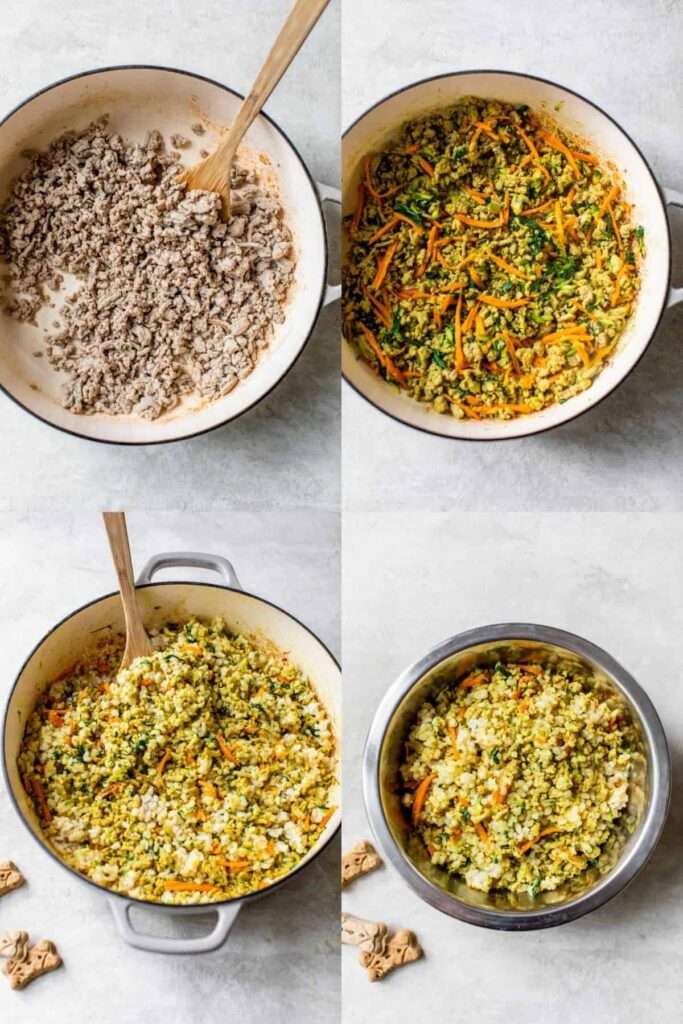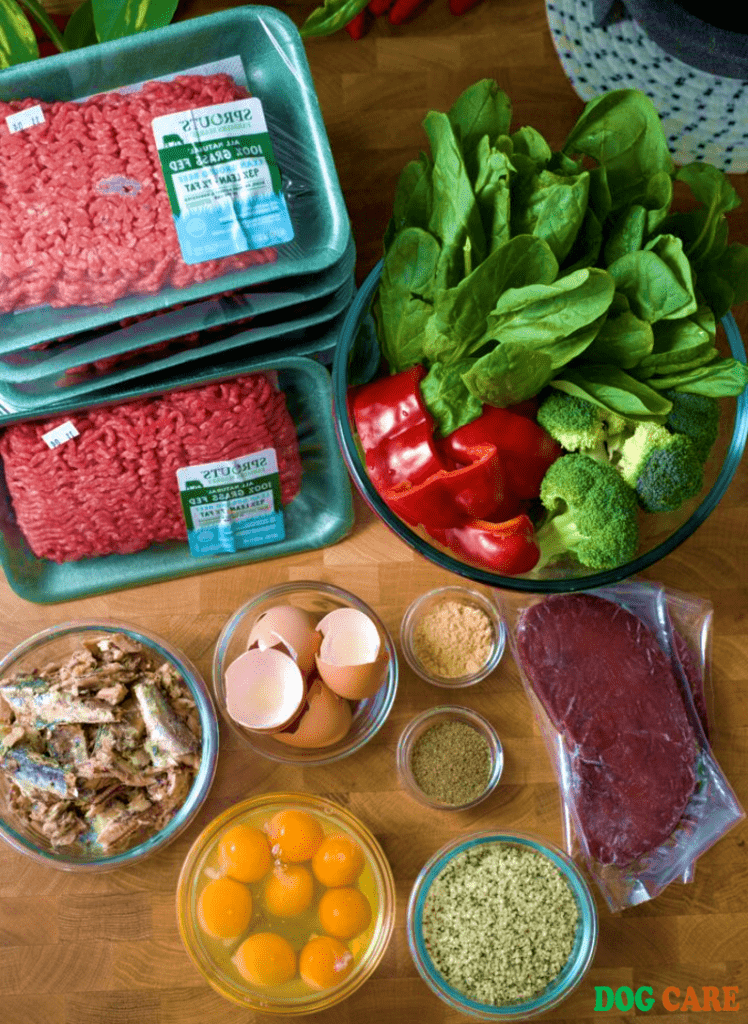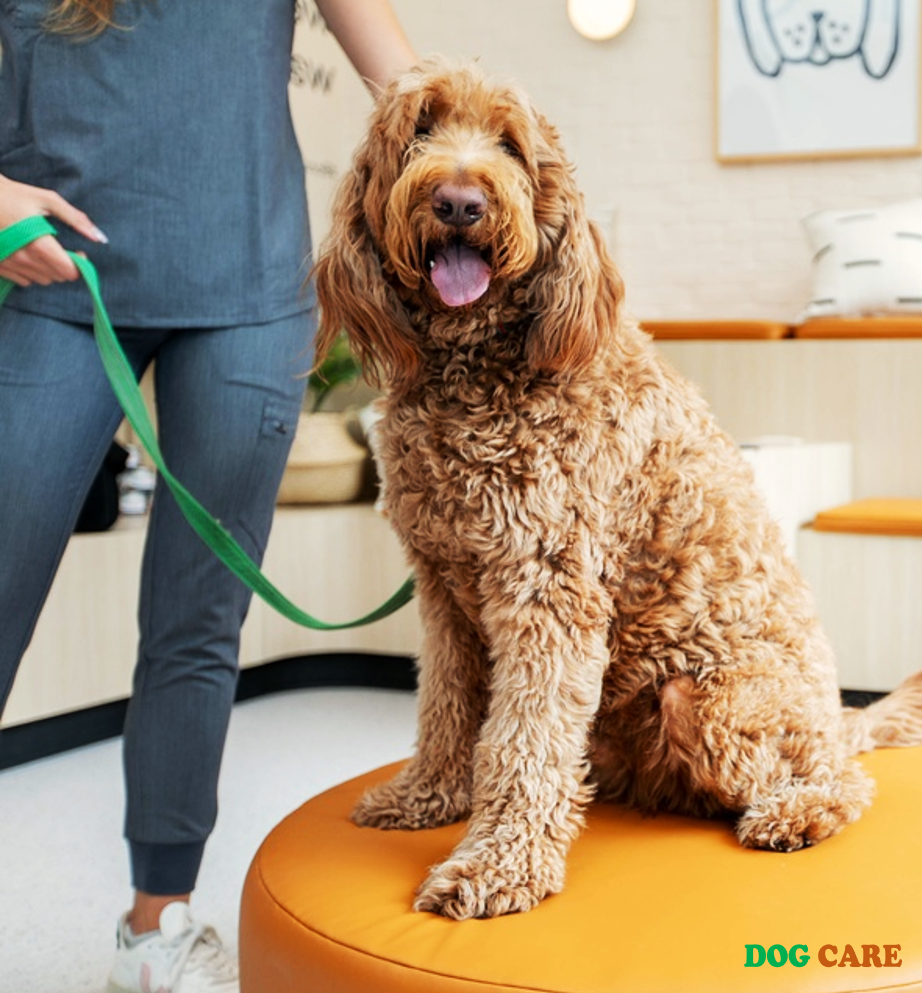What Food Should Dogs Not Eat : Dogs should not eat chocolate, grapes, onions, garlic, alcohol, and xylitol as these are toxic to them. It’s important to be mindful of what your dog consumes to keep them healthy and safe. You can try, Homemade Dog Food.
The wellbeing of our furry companions is a top priority for any dog owner. While it’s tempting to share our food with them, not all human foods are safe for dogs to eat. Certain foods can be toxic to dogs and lead to severe health issues or even be fatal.
It’s crucial to educate ourselves about what foods to avoid giving our dogs to prevent any harm. By being aware of the potential risks associated with certain foods, we can ensure their well-being and continue to enjoy a happy and healthy companionship with our beloved pets.
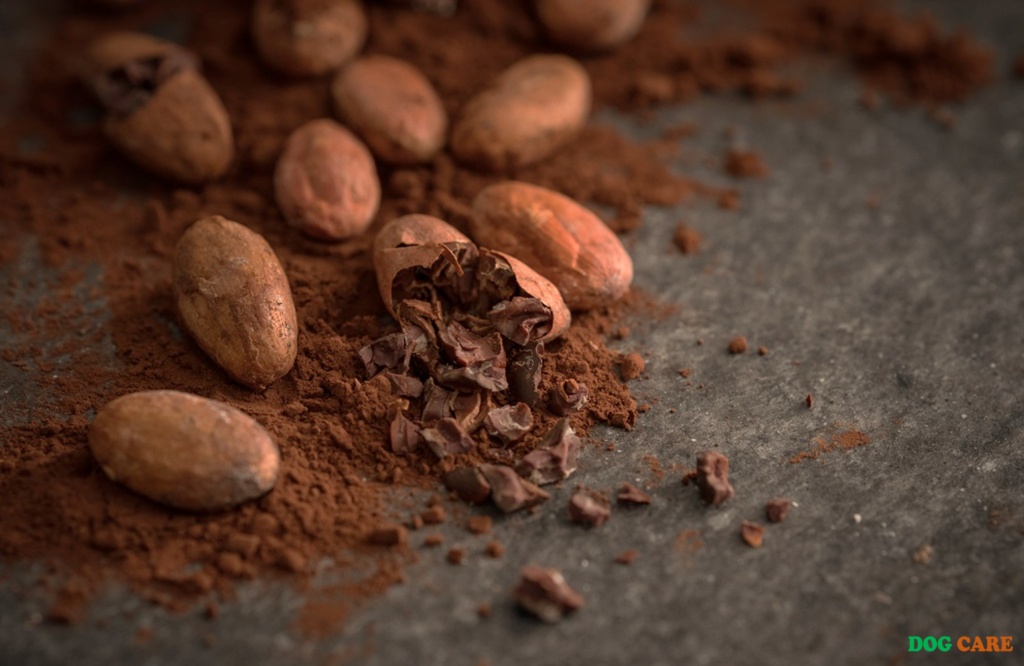
The Dangers Of Chocolate And Caffeine
Chocolate and caffeine are commonly found in many households, but what may be pleasurable for humans can be dangerous for our furry friends. It’s important for dog owners to be aware of the potential risks these substances pose to their pets.
What Food Should Dogs Not Eat : Methylxanthines Poisoning
Methylxanthines are substances found in chocolate, coffee, and certain medications. Dogs are highly sensitive to methylxanthines, as they cannot metabolize these compounds as efficiently as humans can. The ingestion of even small amounts of methylxanthines can lead to poisoning in dogs, causing severe health complications.
Symptoms And Treatment
When a dog consumes chocolate or caffeine, they may exhibit symptoms such as vomiting, diarrhea, agitation, increased thirst, restlessness, rapid breathing, muscle tremors, and in severe cases, seizures and cardiac arrhythmias. Immediate veterinary attention is crucial in such cases. Treatment may involve inducing vomiting, administration of activated charcoal to absorb the toxins, intravenous fluids, and supportive care to manage the dog’s symptoms.
Grapes And Raisins: A Hidden Threat
Grapes and raisins are often overlooked as dangerous foods for dogs. They can lead to kidney failure and other health problems if ingested. It’s essential for pet owners to be aware of the potential risks and avoid giving them to their furry friends.
Renal Failure Risks
Feeding your dog with grapes or raisins might seem harmless, but these fruits pose a hidden threat that could lead to renal failure. Grapes and raisins can cause kidney failure in dogs, leading to serious health complications. Even a small amount of grapes or raisins can be toxic to dogs, resulting in symptoms such as vomiting, diarrhea, lethargy, and decreased urine production.
If not addressed promptly, renal failure caused by grapes or raisins can be fatal for dogs. It’s crucial to understand the potential risks associated with these fruits to ensure the well-being of your furry friend.
Alternatives To Grapes
Although grapes and raisins should be avoided in a dog’s diet, there are plenty of safe and healthy alternatives that can be incorporated into their meals. Fruits such as apples, bananas, and blueberries can provide necessary nutrients and serve as a delicious treat for your dog without posing any health risks. Additionally, many vegetables like carrots, green beans, and sweet potatoes are excellent alternatives to grapes, offering a variety of essential vitamins and minerals for your pet.
Xylitol: The Sweet Poison
Xylitol, a common artificial sweetener found in sugar-free products, is a silent threat to man’s best friend. Often used as a sugar substitute in food items, it is dangerous for dogs to consume. Xylitol can cause a rapid release of insulin in dogs, leading to a dramatic drop in blood sugar levels, ultimately resulting in hypoglycemia. This condition can be life-threatening if not promptly addressed. As a responsible pet owner, it’s crucial to understand the potential harm that xylitol can pose to your furry companion.
Effects On Blood Sugar
Dogs metabolize xylitol differently than humans, resulting in a rapid release of insulin from the pancreas when ingested. This leads to a significant decrease in blood sugar levels, triggering symptoms such as weakness, disorientation, seizures, and even coma. In severe cases, xylitol ingestion can be fatal for dogs, making it imperative to keep all xylitol-containing products out of their reach.
Safety Measures
To ensure the safety and well-being of your canine companion, it is vital to diligently check the ingredient labels of all food items that may potentially contain xylitol. Items such as sugar-free gum, candies, peanut butter, and baked goods are common culprits. Store these products in pet-proof locations and always be cautious when sharing human foods with your dog. In the event of suspected xylitol ingestion, seek immediate veterinary care to mitigate the potential life-threatening effects on your pet’s health.
Onions, Garlic, And Chives: Allium Poisoning
Dogs are cherished members of the family, and their well-being is of utmost importance to pet owners. It’s crucial to be aware of the potential hazards that certain foods pose to dogs. Onions, garlic, and chives, while commonly used in human cuisine, can be toxic to dogs, causing a condition known as Allium poisoning, which can have severe repercussions on the health of our furry friends.
Hemolytic Anemia
Allium poisoning can lead to a life-threatening condition known as hemolytic anemia. This occurs when the toxins in onions, garlic, or chives damage the red blood cells in a dog’s body, leading to a reduced oxygen-carrying capacity. Symptoms may include lethargy, pale gums, rapid breathing, and weakness. In severe cases, it can be fatal if not promptly addressed by a veterinarian.
Precautionary Measures For Pet Owners
- Avoid feeding dogs any form of onions, garlic, or chives, whether raw, cooked, or in powdered form.
- Be vigilant when cooking, as some food items and sauces may contain hidden elements of these toxic allium plants.
- Seek immediate veterinary assistance if you suspect your dog has ingested any quantity of these harmful foods, even in small amounts.
- Keep these items securely stored, out of reach of your dog, to prevent accidental consumption.
Alcohol And Raw Dough: A Deadly Combination
Alcohol and raw dough can be a deadly combination for dogs, posing serious health risks. Ethanol toxicity is a significant concern, and it’s crucial for pet owners to understand the potential dangers associated with alcohol and raw dough consumption by dogs. This article will delve into the risks of ethanol toxicity and provide prevention strategies to keep your furry companions safe.
Ethanol Toxicity
Ethanol toxicity in dogs occurs when they ingest alcohol-containing products, leading to harmful effects on their body. Even small amounts of alcohol can have severe consequences for dogs, affecting their central nervous system and potentially leading to coma or death. Raw dough containing yeast also poses a threat as it can ferment in the stomach, producing alcohol and causing ethanol toxicity.
Risks And Prevention Strategies
- Risks: Dogs are at risk of ethanol toxicity from consuming alcoholic beverages, raw dough, or any products containing alcohol. It’s imperative to keep these substances out of their reach to avoid accidental ingestion.
- Prevention Strategies:
- Store alcoholic beverages securely and out of reach of pets.
- Avoid leaving unbaked raw dough accessible to pets.
- Ensure that garbage cans containing alcohol or raw dough are inaccessible to dogs.
- Be mindful of foods that may contain hidden alcohol or raw dough, such as desserts or unbaked goods.
- Seek immediate veterinary care if you suspect your dog has consumed alcohol or raw dough.
Understanding the risks associated with alcohol and raw dough consumption is vital for maintaining your dog’s well-being. By taking proactive measures to prevent access to these harmful substances, you can safeguard your pet from potential ethanol toxicity and its detrimental effects.
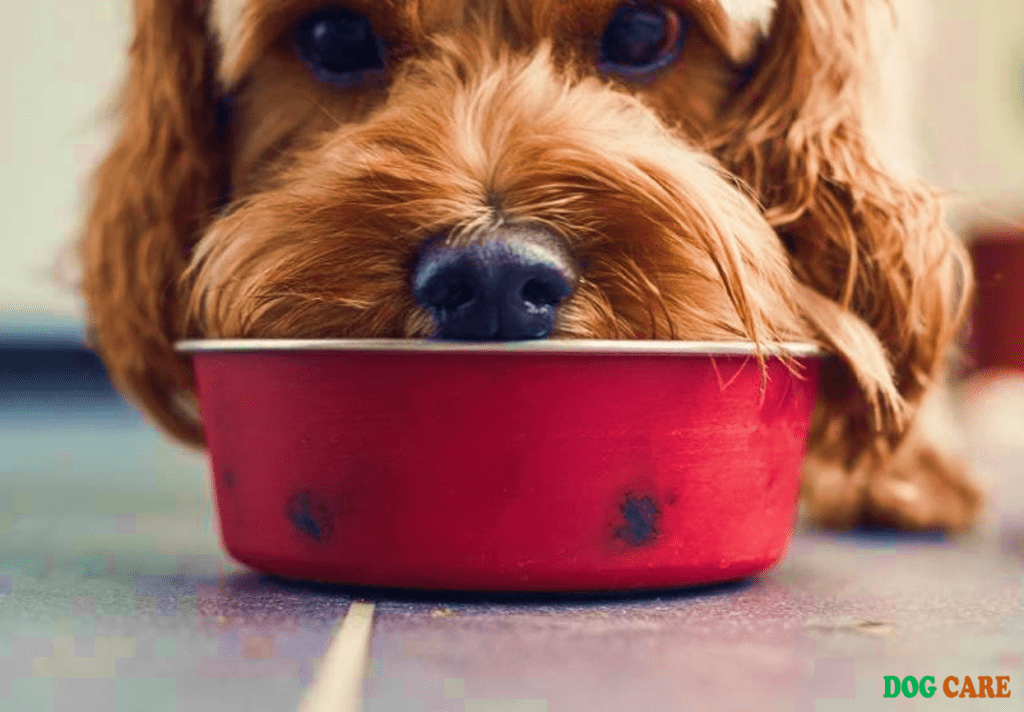
Frequently Asked Questions
Question 01 :- What Are The Toxic Foods For Dogs?
Answer :- Certain foods like chocolate, grapes, and onions can be toxic to dogs and should be avoided.
Question 02 :- Can Dogs Eat Raw Meat?
Answer :- Raw meat can carry harmful bacteria and parasites which can lead to health issues for dogs. It’s best to avoid feeding them raw meat.
Question 03 :- Is It Safe For Dogs To Eat Avocado?
Answer :- Avocado contains persin which is toxic to dogs and can cause vomiting and diarrhea. It’s best to keep avocado away from dogs.
Conclusion
Being mindful of the foods that dogs should not eat is crucial for their well-being. By avoiding toxic items such as chocolate, grapes, and onions, dog owners can ensure their pets stay safe and healthy. It’s essential to always seek advice from a veterinarian for a better understanding of a dog’s dietary needs.
